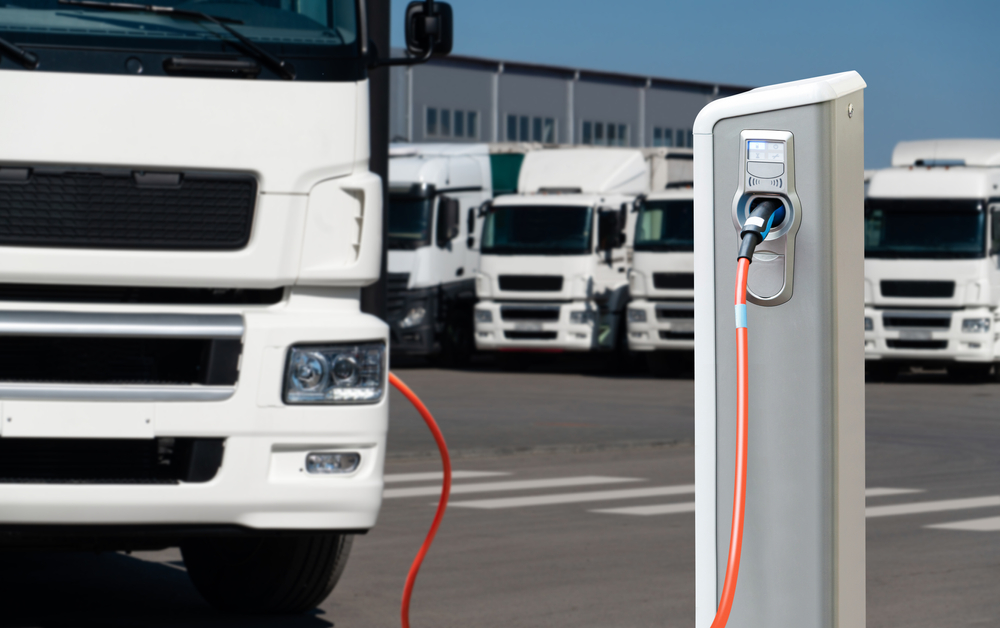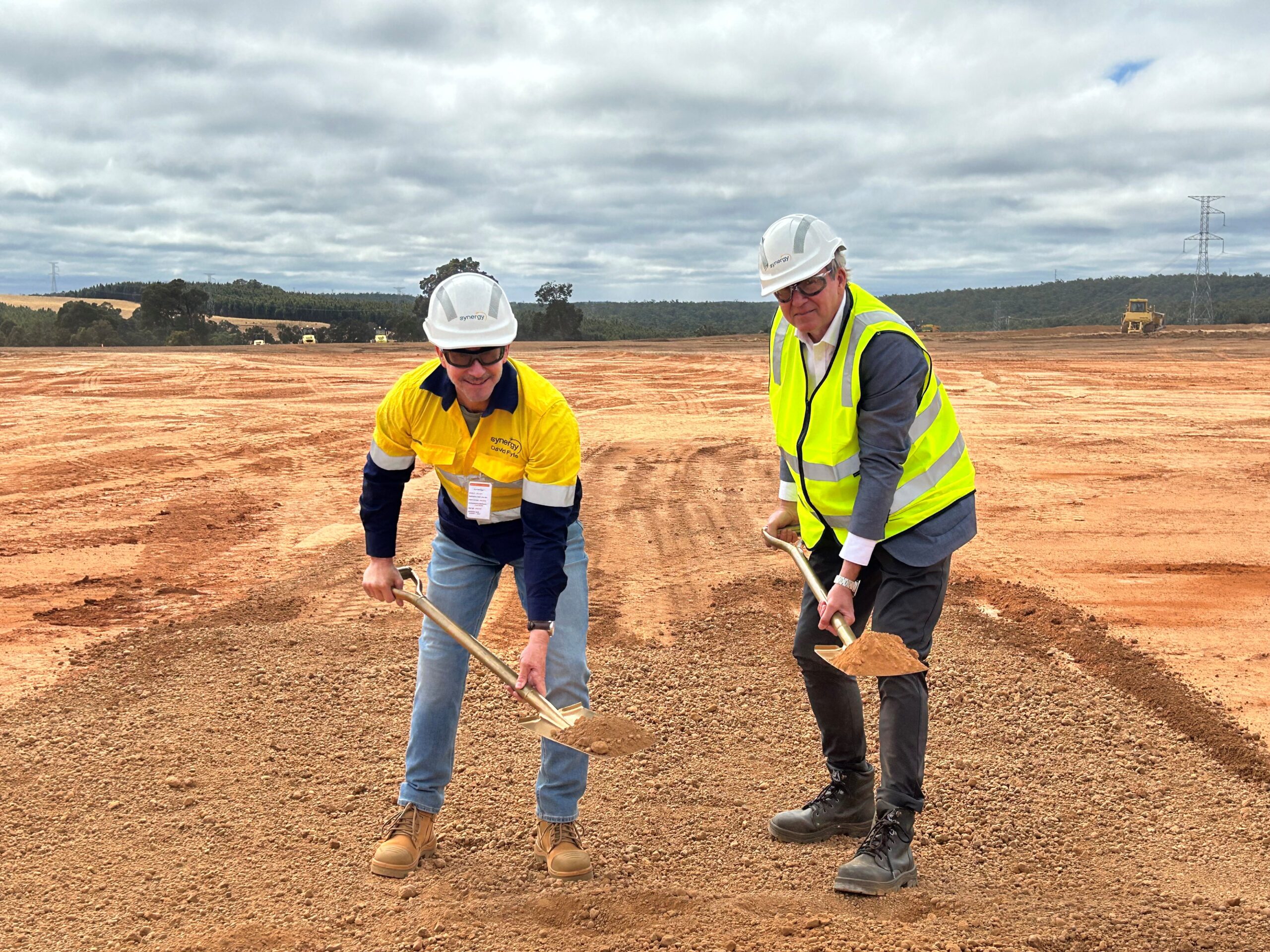
An industry-leading partnership between the Australian Trucking Association and Electric Vehicle Council will work to remove barriers to electric freight vehicle uptake in Australia.
Australia has been falling behind in the global uptake of electric freight vehicles, lacking an electric trucks strategy and charging infrastructure. There is currently limited model availability and regulatory barriers.
“The ATA and the EVC have a shared vision to accelerate the electrification of road transport, and we are thrilled to begin this important partnership,” Australian Trucking Association CEO Michael Deegan said.
“Together, we are leading the country to progress electric heavy vehicle uptake.”
“This is an important step forward in building Australia’s sustainable heavy vehicle fleet.”
CEO of the Electric Vehicle Council, Behyad Jafari, said freight vehicles were an enormous piece of the electrification puzzle.
“Advances in global electric freight vehicle technology are creating abundant opportunities for Australian trucking and the nation more broadly,” Mr Jafari said.
“They can help us drive down emissions, increase efficiency, and make our air safer to breathe. But we can only capture those opportunities if we take a proactive approach to policy and that’s why this partnership is so exciting.”
The first initiative of the partnership will commence this week with a series of workshops that will bring together a high calibre of industry and productivity experts.
“The workshops will outline the current challenges of electrification for the trucking industry, as well as identifying concrete objectives to move this issue forward,” Mr Jafari shared.
“Our workshop outcomes will also inform a policy paper that will outline the measures government must take to accelerate the electric freight market in Australia.”
Mr Deegan added that the first workshop will welcome truck manufacturers and the second will bring together operators.
“This will give us an industry level insight of what government needs to do to accelerate uptake in the three key areas of policy: regulatory, financial and charging,” Mr Deegan said.
“We know that charging infrastructure presents complex and broad challenges. For this reason, there is potential to hold a separate workshop on this next month.”












